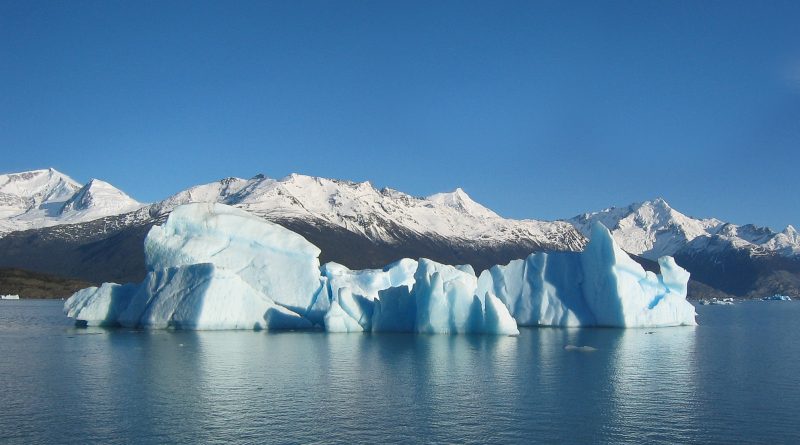U.S. scientists rescued by Argentinan Navy
By Luisa E. Chainferber
Staff Writer
An Argentina icebreaker rescued a group of four U.S. scientists and a staff member led by Alexander R. Simms, an associate professor at UC Santa Barbara, after confronting a thick sea-ice that broke off. The group was conducting research on Joinville Island, the largest island from its island group, in the northern part of the Antarctic Peninsula.
U.S. icebreaker Laurence M. Gould could not perform the evacuation since the ice barrier was too dense on the Weddell Sea. The island is in the south of Argentina’s mainland, and BBC reports, the US Antarctic Programme asked for assistance from the Argentina Navy after facing ice eight miles from Joinville’s shore.
The U.S. National Science Foundation’s Office of Polar Programs was informed by the Argentina navy that they airlifted the scientists group plus almost 900 pounds of equipment, with a total time of rescue about two hours and a half. On its Facebook page, the science foundation made a statement in March 11 confirming the plan to transfer the team to Punta Arenas in Chile, and announced its gratitude for Argentina’s willingness to assist the team.
According to The Washington Post, Argentina’s armed forces have said the five are doing well and will be transferred upon better weather conditions. Argentina’s Ministry of Foreign Affairs and Culture also addressed the episode on its Facebook page, calling Antarctica a territory in which peace, cooperation and science are the common “flag,” and stated the country feels proud for being able to help all nations that share these principles. Indeed, the U.S. Navy engaged in similar action for Argentina about four months ago when it joined and assisted the team searching for a missing Argentine submarine in southern Atlantic Ocean.
Scientists believe Antarctica has recently experienced very large icebergs breaking off, which is possibly related to global warming. Despite the concerns, Ted Scambos, a senior research scientist with the National Snow and Ice Data Center, has declared melting icebergs in Antarctica have little or no impact on sea levels, “Overall, though, this place is more of an ‘Area 51’ for glaciology… If the same thing happened in some of the other regions, it would be a serious concern,” he told the NBC News. Many believe Antarctica’s melting would not only rise sea levels to concerning levels, but also affect the climate in the southern hemisphere and endanger much of the world’s fresh water.
As a remote and uninhabited continent with short periods of human occupation, Antarctica has a critical importance for science when it comes to understanding the impacts of climate change or ocean systems.
The British Antarctic Survey has reported about 30,000 people visit Antarctica each year and despite being Earth’s “last great wilderness,” the continent’s environment is currently at risk. The research council also defined Antarctica as “a continent that few of us will ever visit, but on whose continued health we all depend.” Antarctic is also the only place on Earth no state claims sovereignty over.



